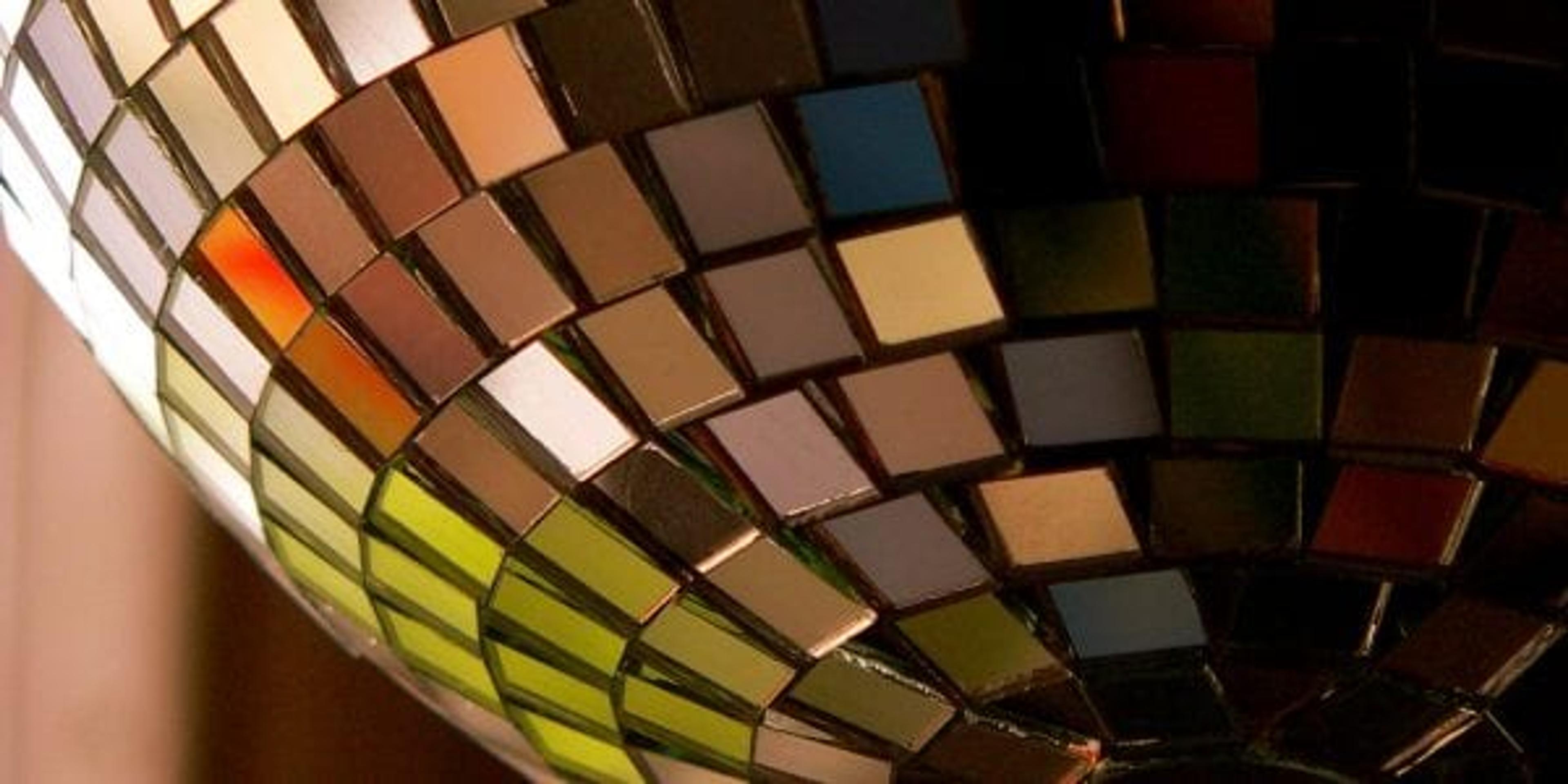Love to Dance, Loathe the Volume? Try Silent Discos

Julie Bitely
| 2 min read

Letting loose on the dance floor is a great way to shake off the week’s stress and sneak in a little cardio while you’re at it.
However, the loud, thumping bass isn’t great for your ears or hearing. The experience can also be overwhelming for people with sensory processing disorders or those who simply like to be able to hold a conversation with friends.
Enter the silent disco. Picture a crowd of people dancing with large headphones on in a completely silent room. Participants can all listen to the same DJ or station or choose the music they most enjoy listening to. When you want to talk to your friends, simply slide the headphones off and have a normal, quiet conversation. Unlike most nights at the club, you won’t be screaming to hear and understand one another.
The silent disco trend started to gain steam in the ‘90s, but recently entered the public’s consciousness through the Netflix series Atypical, which features an autistic main character, Sam. In the show, his girlfriend Paige convinces the PTA to get on board with an autism-friendly prom using silent disco equipment. She knows Sam would otherwise be overwhelmed by the loud music typically found at a school dance.
No matter your reason for wanting to go silent, people across Michigan are starting to get in on the trend. The Grand Rapids Art Museum and ArtPrize have hosted silent dance parties, universities have embraced them and they’ve made an appearance at everything from beer to music festivals.
Your next chance to experience the fun – and potentially help break a Guinness Book world record – is at an Ugly Sweaters and Silent Disco event to be held at Detroit’s Beacon Park on Saturday, Dec. 9. Find more details here.
Have you ever danced the night away at a silent disco or silent dance party? Tell us about your experience in the comments.
If you liked this post, you might also enjoy:
Photo credit: Dylan Duvergé





